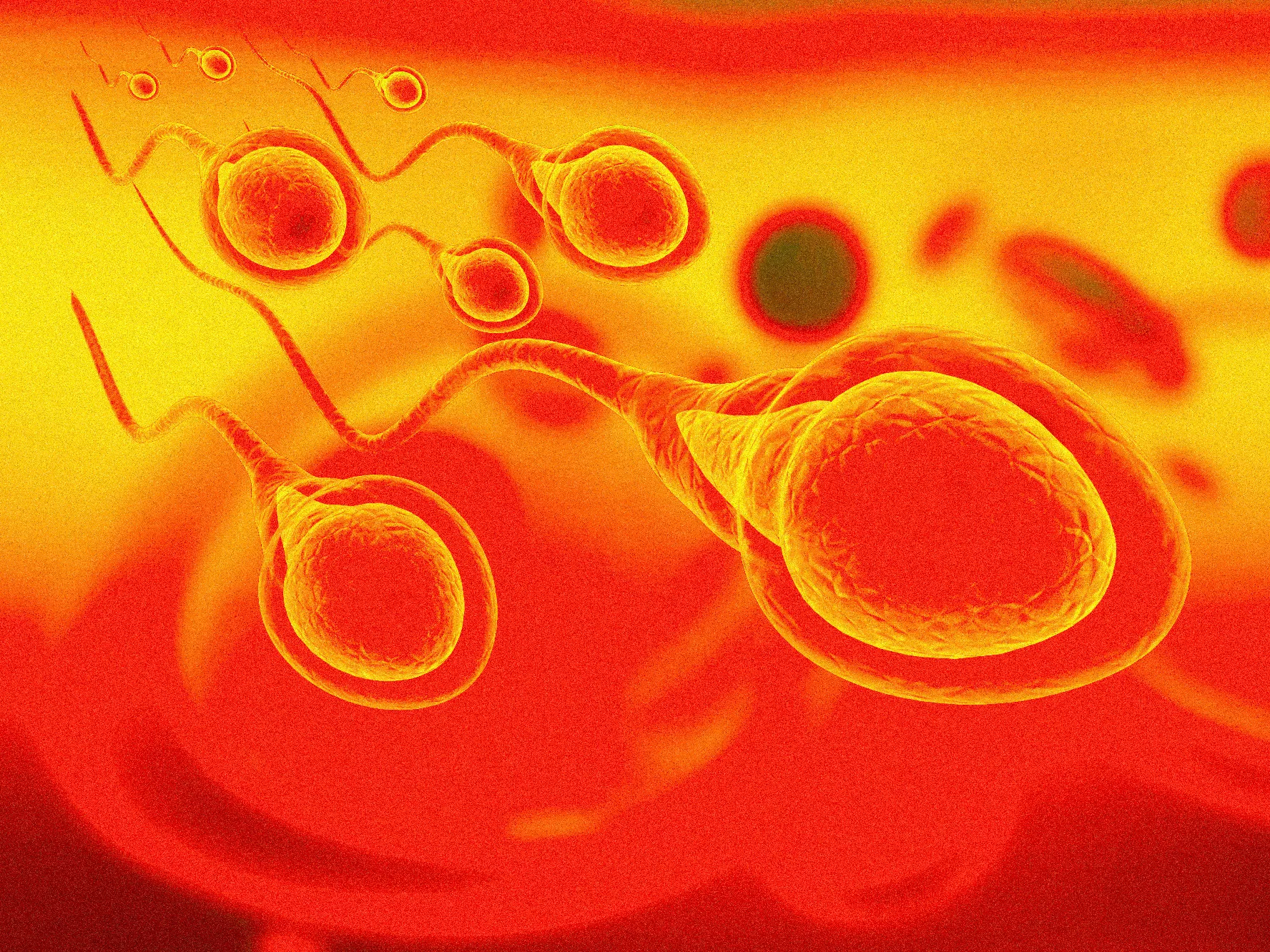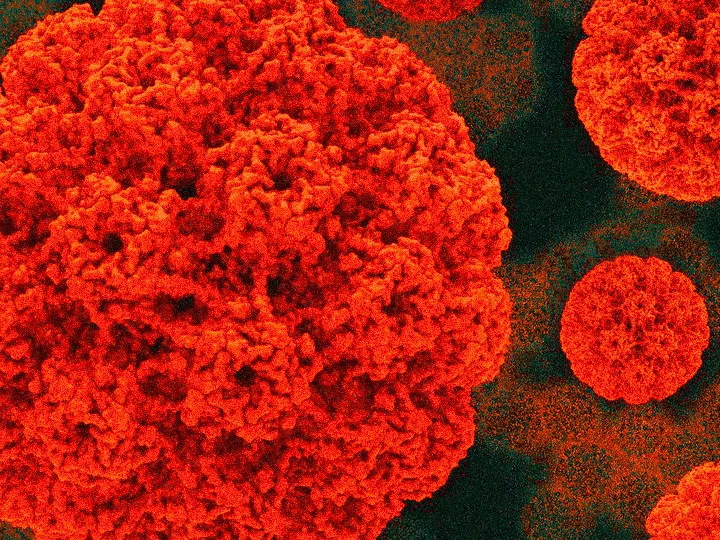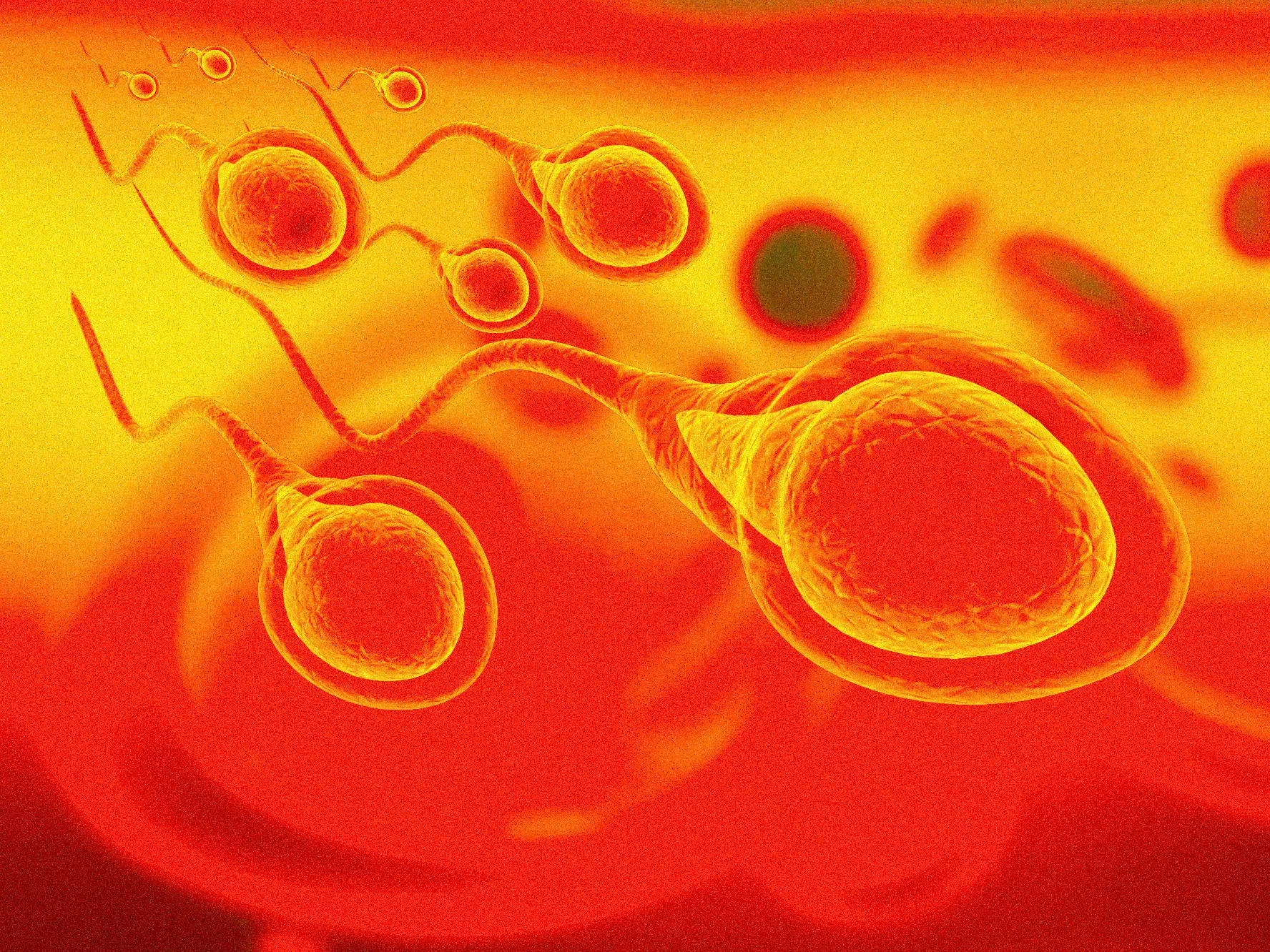What is Hematospermia?
2950
While it is not perceived as a symptom of a major health condition, hematospermia can still cause trouble to men. Keep reading below to learn more.

What is Hematospermia?
Hematospermia is the presence of blood in the seminal fluids. While it is not perceived as a symptom of a major health condition, this may naturally cause trouble to the patient. Hematospermia, also known as hemospermia, haemospermia, or haematospermia could be an early indicator of prostate cancer. Although hematospermia is common to people aged 40 and above, this disease may appear in men of all ages.
Book Your Appointment Today!
Contact us at info.bkk@pulse-clinic.com or chat on your preferred platform:
![]() +66 65 237 1936
+66 65 237 1936  @PULSEClinic
@PULSEClinic ![]() PulseClinic
PulseClinic
Causes of Hematospermia
Having blood in semen could be caused by several sources:
- Infection or Inflammation –infected tubes, ducts, and glands that are responsible for the production and transportation of semen in the body might cause hematospermia. Inflammation could be from the prostate which produces the fluids in the semen, or it may be from an infected urethra or the tube that carries urine and semen from the penis. Seminal vesicles, epididymis, and vas deferens could also be infected, causing blood to be present in the seminal fluids. The infection might come from several sexually transmitted infections including gonorrhea, chlamydia, or other viral infection. Four out of ten cases of blood in the semen are caused by these infections.
- Trauma or Medical Procedures – these non-bacterial causes may also contribute to having hematospermia including prostate biopsy, procedures for urinary problems, radiation therapy, vasectomy, and injections for hemorrhoids. Although the bleeding may be temporary, these factors are known to cause blood in the semen. Other physical trauma directly affecting the sex organs like pelvic fracture, testicle injuries, extreme sexual activities, or masturbation can also lead to this illness.
- Obstruction – blockage of tiny tubes or ducts in the reproductive tract can cause blood vessels to break and produce blood. Benign prostatic hyperplasia or BPH is the enlargement of the prostate gland that blocks the flow of urine and pinches the urethra. This may also lead to the presence of blood in the semen.
- Tumors and Polyps – tumors in the prostate could be a rare factor of blood in the semen. Since hematospermia could be associated with cancer, risk factors must be professionally evaluated if there is a presence of blood in the semen as untreated cancer is a serious health threat. Reproductive tracts with benign polyps can also lead to blood in the semen.
- Blood vessel problems – damages in blood vessels or other tiny tubes involved in ejaculation may result in blood in the semen.
- Other Medical Factors – pre-existing medical problems may create complications like hematospermia. This includes severely high blood pressure, liver malfunctions, blood cancer (leukemia), or human immunodeficiency virus (HIV).
Related Symptoms of Hematospermia
Multiple related symptoms may occur. Underlying reasons that cause blood in the semen include:
- Blood in the urine (hematuria)
- Burning sensation or painful urination
- Painful bladder
- Painful ejaculation
- Swollen areas of sex organs
- Any penile discharge
- Other signs of sexually transmitted diseases

Treatment for Blood in Semen
There are available treatments for blood in the semen depending on the causes.
- Antibiotics are commonly prescribed to cure bacterial infections.
- Anti-inflammatory medications are used to address the inflammation that causes the blood in the semen.
- For other medical conditions like liver diseases, high blood pressure, or STDs, the doctor may prescribe a different course of treatment.
- When the blood in semen is caused by a medical procedure like a prostate biopsy, the bleeding usually stops after a week
- Enlarged prostate glands that cause hematospermia are often treated with Finasteride (Proscar). This medication is administered to shrink the enlarged area.
For younger men with no history of other medical conditions, bleeding may occur once or twice, however, it usually disappears on its own without having to take any medical treatments. When bleeding manifests repeatedly and shows other symptoms like painful urination or ejaculation, it is best to see a doctor for a proper diagnosis. For men with risk factors for cancer, it is well-advised to take tests and medical examinations required by the doctor to be assured.
Book Your Appointment Today!
Contact us at info.bkk@pulse-clinic.com or chat on your preferred platform:
![]() +66 65 237 1936
+66 65 237 1936  @PULSEClinic
@PULSEClinic ![]() PulseClinic
PulseClinic
PCR 28 for Sexually Transmitted Diseases (STDs)
PCR 28 can provide comprehensive testing for 28 pathogens that can be related to STDs and other related symptoms. PCR stands for Polymerase Chain Reaction; it is also called Nucleic Acid Amplification Test (NAAT) and is a modern molecular technique used to detect a particular pathogen (virus or bacterium) in a specimen of blood, body fluid, or other tissue. This technique detects virus or bacterial DNA. The nucleic acid amplification test (NAAT) is the recommended testing method for Chlamydia, Gonorrhoea, Ureaplasma, Mycoplasma, and Trichomonas, among other infections. It has very high specificity (higher than 99.5%) and higher sensitivity and accuracy than culture (the old diagnosis technique). In both men and women, painless urine PCR (yes, you just have to pee) and genital PCR were significantly more sensitive than culture. It can detect infection, whether the organism is dead or alive! This is mostly done in first-world countries and medical schools.
All PULSE clinics in Thailand provide the most comprehensive PCR tests for 28 infections to give you peace of mind and fast treatment.
Add us on Line and stay in touch.
Trust PULSE CLINIC to take care of your health like other 45000 people from over 130 countries. We provide discreet professional service with high privacy. Here to help, not to judge.
Loading...
Clinic Locations
Loading...















